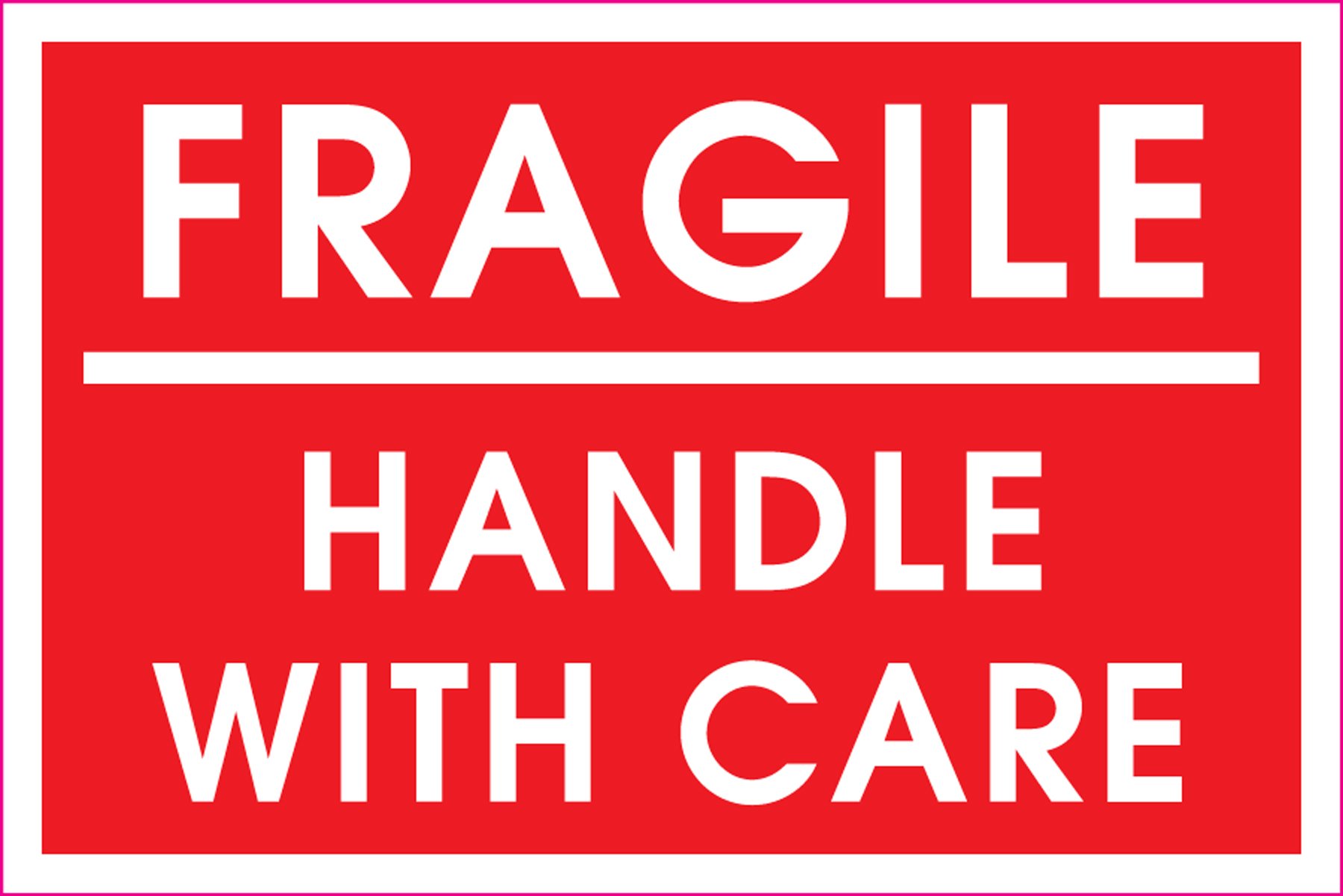Last year, a white male Princeton undergraduate was asked by a classmate to “check his privilege.” Offended by this suggestion, he shot off a 1,300-word essay to the Tory, a right-wing campus newspaper.In it, he wrote about his grandfather who fled the Nazis to Siberia, his grandmother who survived a concentration camp in Germany, about the humble wicker basket business they started in America. He railed against his classmates for “diminishing everything [he’d] accomplished, all the hard work [he’d] done.”
His missive was reprinted by Time. He was interviewed by the New York Times and appeared on Fox News. He became a darling of white conservatives across the country.
What he did not do, at any point, was consider whether being white and male might have given him—if not his ancestors—some advantage in achieving incredible success in America. He did not, in other words, check his privilege.
To Robin DiAngelo, professor of multicutural education at Westfield State University and author of What Does it Mean to Be White? Developing White Racial Literacy, Tal Fortgang’s essay—indignant, defensive, beside-the-point, somehow both self-pitying and self-aggrandizing—followed a familiar script. As an anti-racist educator for more than two decades, DiAngelo has heard versions of it recited hundreds of times by white men and women in her workshops.
She’s heard it so many times, in fact, that she came up with a term for it: “white fragility,” which she defined in a 2011 journal article as “a state in which even a minimum amount of racial stress becomes intolerable, triggering a range of defensive moves. These moves include outward display of emotions such as anger, fear and guilt, and behaviors such as argumentation, silence and leaving the stress-inducing situation.”
